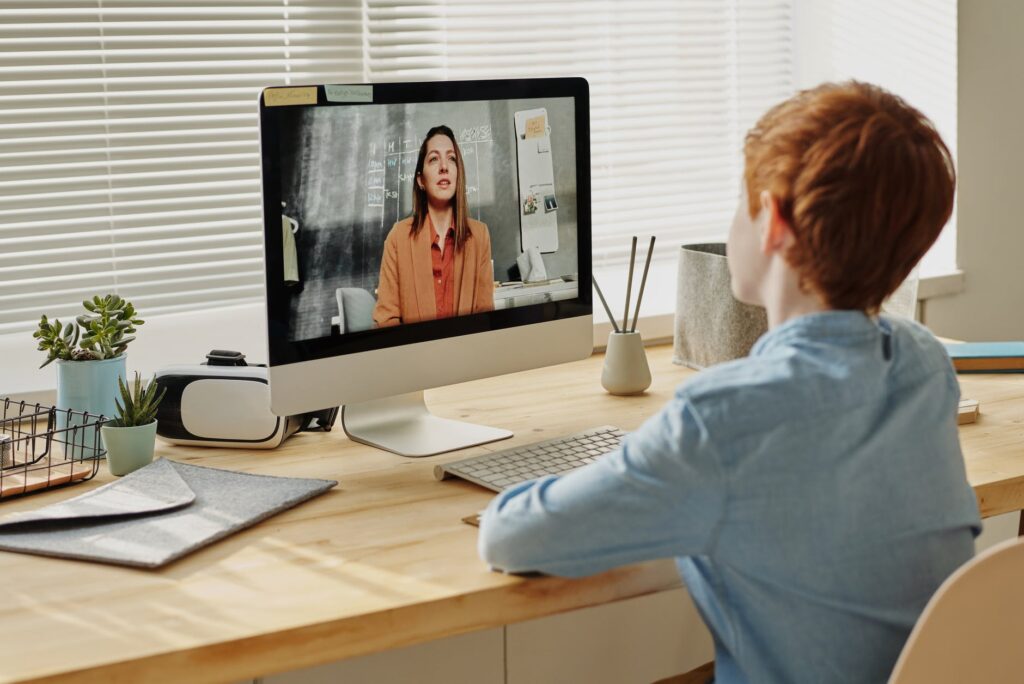By Stella Vasileiadou,
As we know, due to the COVID-19 crisis most governments have taken the decision to temporarily shut down educational institutions as a part of the measures taken to prevent the spread of the virus. In fact, on the 26th of January 2020, China was reported to be the first country which instituted reforms to contain the COVID-19 outbreak including extending the Spring Festival Holiday and became the first to close down all universities and schools around the country. As a result, UNESCO suggested using distance-compatible teaching programs as a solution to the problem.
What is online learning?
Online learning, often called “e-learning” is a form of distance learning that takes place on the Internet. It includes online courses, exams, quizzes or even certification training.
Why say “yes” to online learning?
First and foremost, online learning is a more affordable option for students. For instance, many students worldwide did not have the chance to study at the department they always dreamed only because they and their family could not afford to pay for living expenses as well. As a matter of fact, in many countries, there is no state provision or care for vulnerable and weak families, discouraging children from being educated. But via online learning, no potential student will be excluded from the educational process.
A further advantage of online learning could be that more and more students are able to attend class. Getting ready for school or university is not always an easy task. More specifically, some students must get up really early to catch the bus in order to be at school/ university on time, especially if they live across town. Plus, as it is well-known, lack of sleep causes poor performance but thanks to online learning, odds are that percentages of poor performance due to lack of sleep will decrease.
The drawbacks of online learning
To begin with, the most common problem that students and teachers have to deal with during online courses is a poor internet connection. In addition, there have been many cases reported of the system going down leading to a serious malfunction in the educational process. For example, imagine the internet connection being lost during a crucial examination. Unfortunately, there is a strong chance that you could lose all your work before submitting it. What is worse is that, in most cases, you are not even able to access the system again, so this means that you failed the exam. Such scenario is not possible of happening during in person examinations.
Another con is that many students cannot concentrate during online classes whilst the rest of the family members are at home. For instance, there are noises that could be hard to eliminate such as someone talking on the phone, or someone else doing housework. When attending a class in real life, such distractions would not occur because students are there for a reason, and being focused on what the professor is talking about is much more feasible.
Plus, let us not lose sight of teleworking. The COVID-19 pandemic has affected our lives in all aspects, including work. Provided that the government’s goal is to prevent the spread of the virus, people are encouraged to stay at home and when possible, work from home. But what happens if there is only one computer device available for use in the house and the child needs to use it in order to attend class as much as the parents to cope with their remote working? And what if they cannot afford to have another device that is required for these processes?
The emerging challenge of the educational system during the COVID-19 era: cheating
Sadly, distance learning is claimed to have led to an augmentation of exam cheating. In other words, cheating is now easier than ever: even with the webcam on, professors can only trust their students to not cheat and to not share their responses with other classmates. On the other hand, it is not impossible that someone would be falsely accused of cheating because of someone else.
Finally, in my point of view there should be state care promoting the students’ equity by providing the most vulnerable families with state-of-the-art devices, according to the size and needs of each household so that everyone will be able to adapt to this new digital way of life, yet it would be a good idea in the long run that in-person classes could be recorded and available on the internet either for those who cannot afford to study at a university of their choice or for those who are working simultaneously in order to make ends meet and still want to stay in touch with their studies.
References
- If My Classmates Are Going to Cheat on an Online Exam, Why Can’t I?, The New York Times, Available here.
- Time to fix American education with race-for-space resolve, News.Harvard.Edu, Available here.
- China’s State Council extends Spring Festival holiday, CHINADAILY, Available here.
- THE IMPACT OF COVID-19 ON EDUCATION INSIGHTS FROM EDUCATION AT A GLANCE 2020, OECD, Available here.






